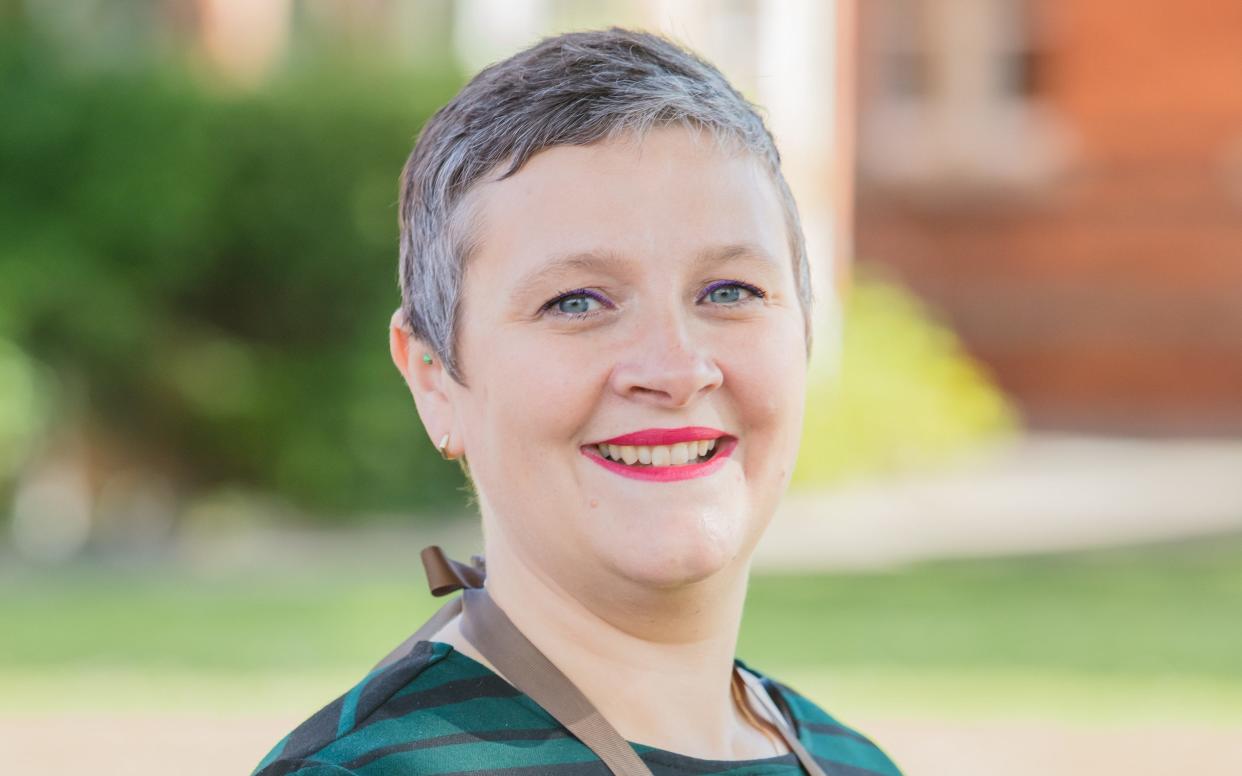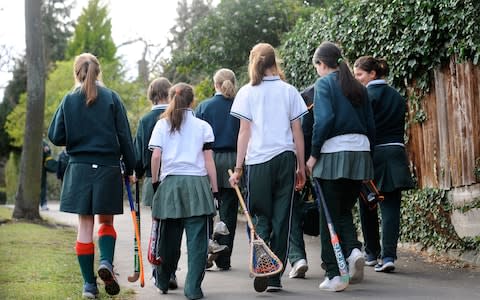Poorest families fear children will not 'fit in' to private schools, incoming Girls’ School Association president says

The poorest families are not applying for private school bursaries because they fear their children will not fit in, the incoming president of the Girls’ School Association (GSA) has said.
A concern among the most disadvantaged families is that their children would be “out of their depth” and feel “uncomfortable” at a private school so are put off applying for a bursary, according to Gwen Byrom.
She said that merely making more bursaries available is not enough, and schools must do more to understand why the poorest families are not putting their children forward for the fee-assistance.
“Just because a school offers 100 per cent bursaries, it doesn’t necessarily mean that families will be falling over themselves to apply for them,” Mrs Byrom said.
“There are social and psychological hurdles to applying to an independent school if that is not part of your background. There is a lot of social and cultural capital that is tied up with it.”

Mrs Byrom, who is also head of Loughborough High School, a fee-paying girls' school in the East Midlands, said that while all the private school bursaries are being filled, more must be done to ensure they are reaching the most disadvantaged children in society.
The school leader, who is doing a doctoral qualification based on bursaries and why families do not apply for them, said that research had indicated that parents' choice of school was sometimes reliant on familiarity.
"Choice for school is sometimes reliant on knowing that there are people like you at the school. So families will go to something that, effectively, is within their comfort zone," she said.
"It’s a school that you recognise from possibly your own educational background, or it’s a school your have experienced or seen and have met people at.
"But it is very hard to take a leap into the unknown – particularly if it’s a situation where you feel you are going to feel out of your depth.
"Parents wouldn’t want to put their children in an uncomfortable position. They wouldn’t want their children to feel out of their depth. That is one of the barriers that if we are going to offer more 100 per cent bursaries and get strong uptake on them, that’s one of the things that we have to get past."

 Yahoo News
Yahoo News 
